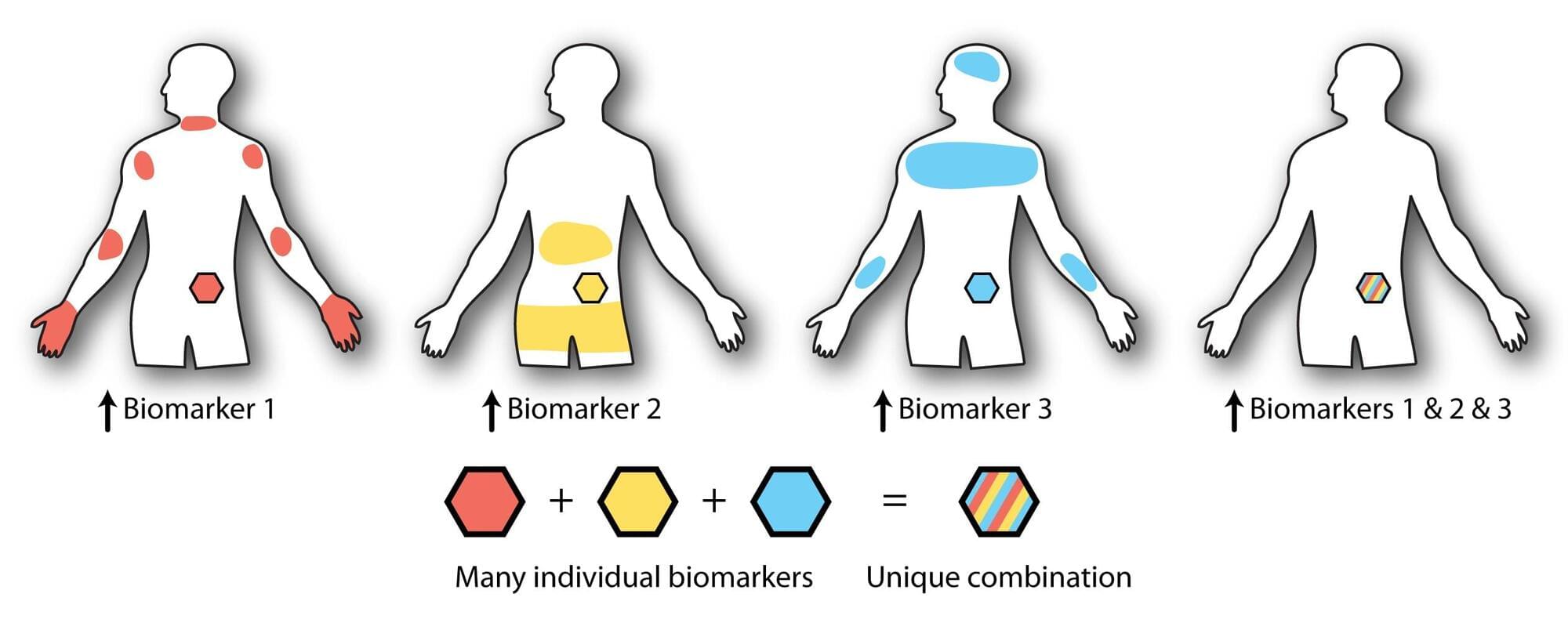Targeted drug delivery is a powerful and promising area of medicine. Therapies that pinpoint the exact areas of the body where they’re needed—and nowhere they’re not—can reduce the medicine dosage and avoid potentially harmful off-target effects elsewhere in the body. A targeted immunotherapy, for example, might seek out cancerous tissues and activate immune cells to fight the disease only in those tissues.
The tricky part is making a therapy truly “smart,” where the medicine can move freely through the body and decide which areas to target.
Researchers at the University of Washington have taken a significant step toward that goal by designing proteins with autonomous decision-making capabilities. In a proof-of-principles study published in Nature Chemical Biology, researchers demonstrated that by adding smart tail structures to therapeutic proteins, they could control the proteins’ localization based on the presence of specific environmental cues.
